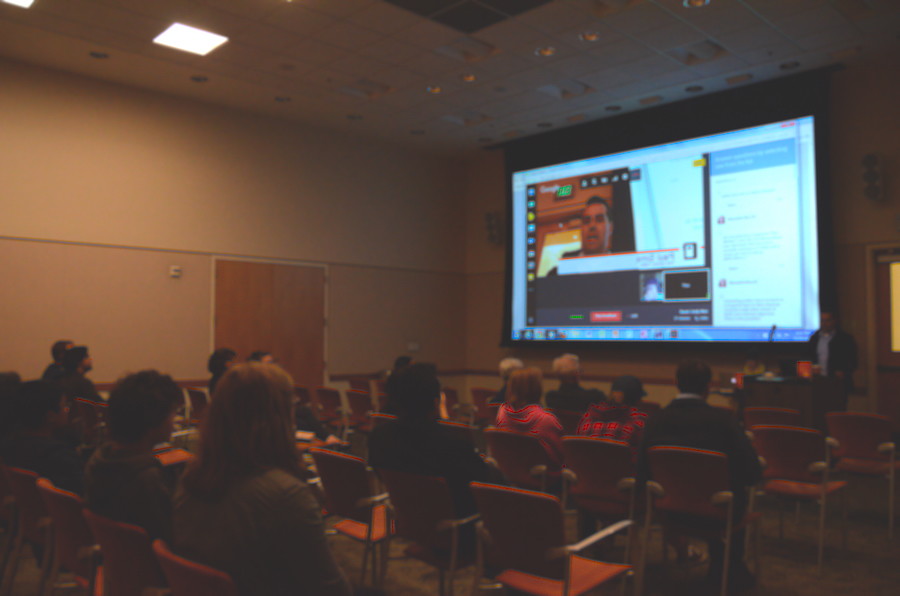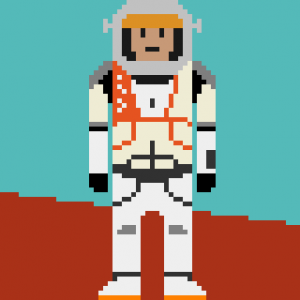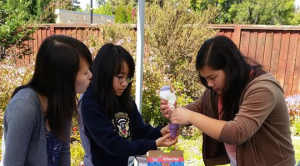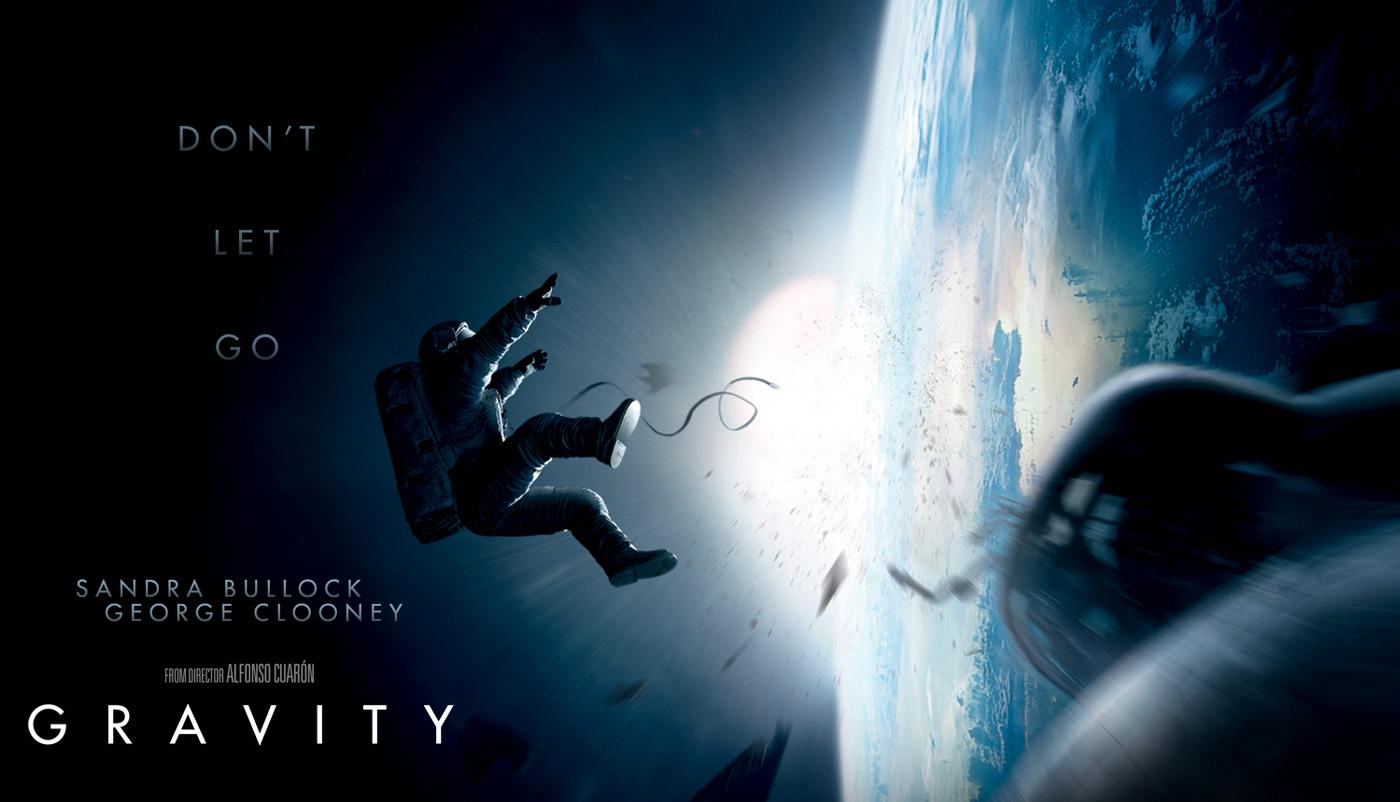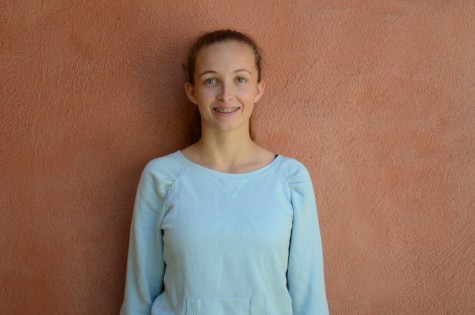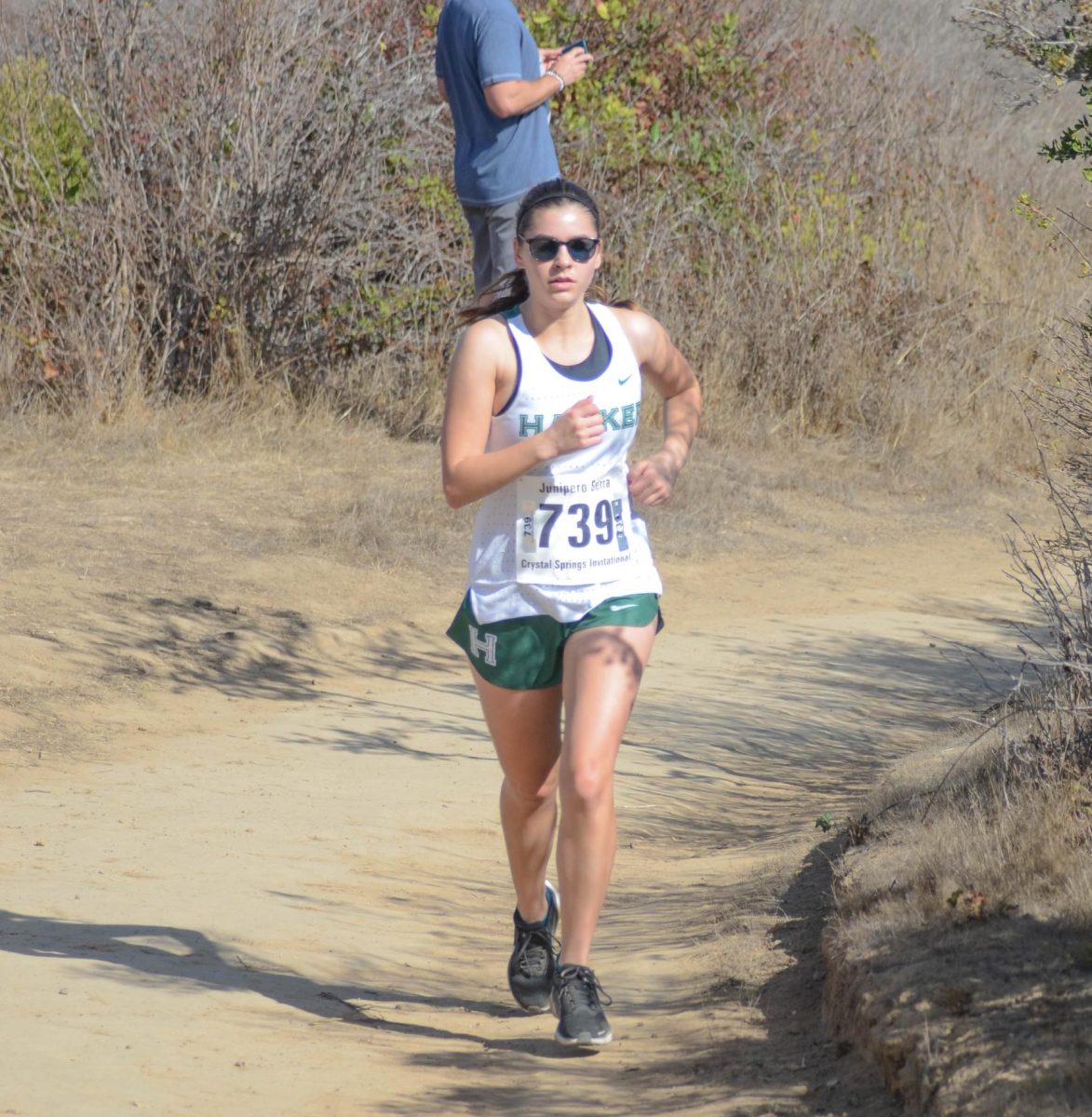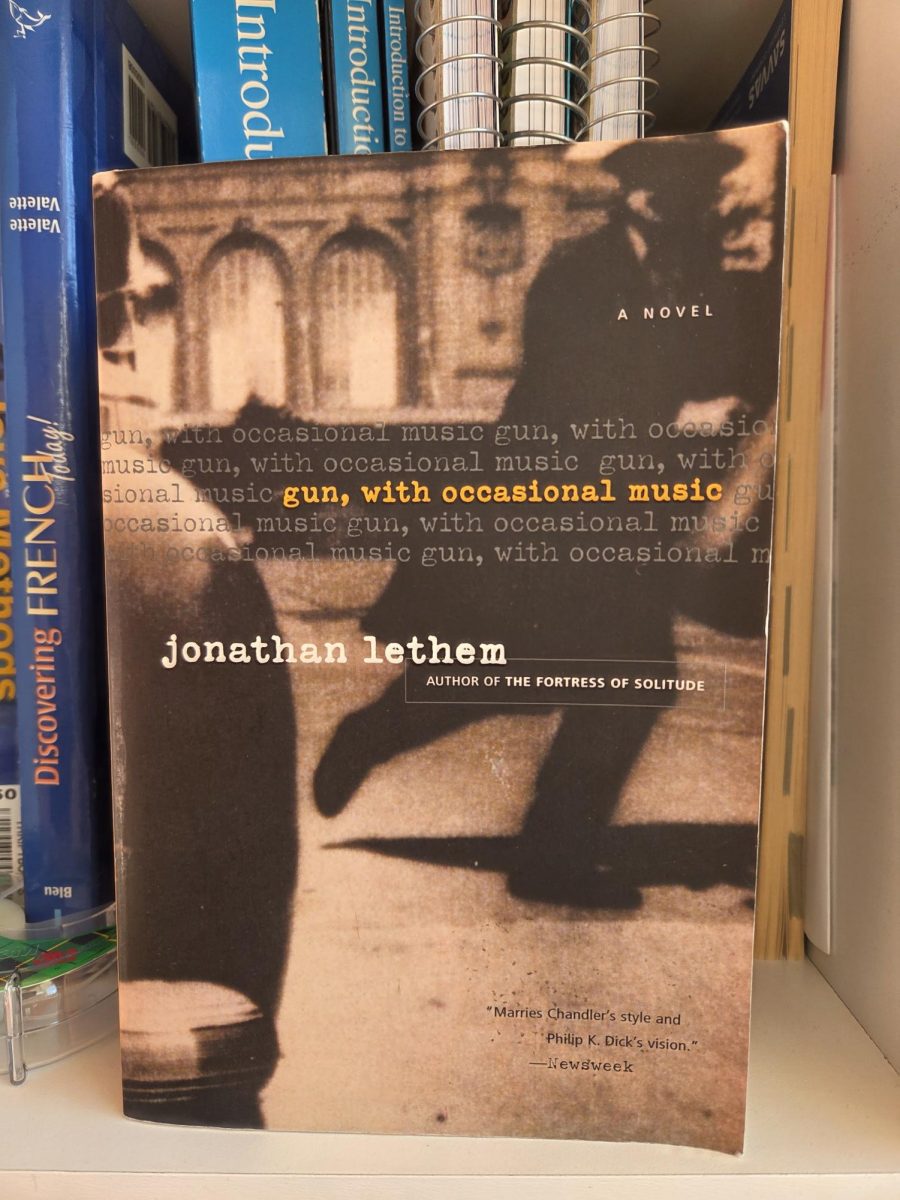Q&A with Andy Weir
Author of popular scifi novel “The Martian” answers questions at Santa Clara libraries
People gather to see Andy Weir’s talk at Central Park Library. While the questions were asked a speaker at Central Park Library, the conversation was broadcasted to libraries in multiple locations, including Gilroy, Mountain View, Berkeley, and Livermore, Andy Weir’s hometown.
November 28, 2015
Andy Weir, author of the book The Martian, which recently received a critically acclaimed film adaptation, conducted a Q&A session over Google Chat on Nov 10. People could submit questions to be asked by visiting one of several Santa Clara libraries that broadcasted the event. We have compiled a few of the most interesting and informative moments from the event.
Q: Where did you get the name “Mark Watney” from?
A: “At the time, I was living in Boston, and a big Red Sox fan. I had the game on in the background, and I decided to name him Mark, because Mark is based on the Latin Marcus, which means disciple of Mars. And [a] sideline reporter [at the game] was named Heidi Watney. I thought, that’s a cool last name – I’ll take it.”
Q: Why did you choose to give Watney a smart alec personality?
A: “His personality is based on my own, although he’s an idealized version of me. He’s better at all the things I like about myself, and he doesn’t have any of my downsides or flaws. He’s what I wish I were, kind of. You’ll find that’s the case for every protagonist. Here’s my theory – every protagonist is someone the author wants to be, or someone the author wants to screw. For the record, I want to be Watney.”
Q: Did you get help from people at NASA when writing?
A: “I didn’t know anyone at [NASA] at all when I wrote the book. I was totally on my own. All my research is just Google. The cool thing about aerospace is that they’re so open about it. People make websites about it. NASA’s stuff is almost entirely public domain, you can go search it up. If I was writing a book about military stuff, I might have a difficult time finding some of the details I wanted. Like, ‘exactly what is the power output of a Seawolf class nuclear reactor?’ That might be a secret that nobody talks about, and I’d have to make it up. But for space stuff, everybody likes to talk about it and it’s totally okay for everyone to share that.”
Q: What did you think of the movie adaptation?
A: “It’s a very faithful adaptation. If you liked the book, I’ll bet you’ll like the movie. It’s one of the most faithful adaptation is a book to a film that I’ve seen. They had to cut some stuff out, but the stuff they cut, I think they made good decisions. The minor differences are all to make the visual medium more exciting. I think it’s fantastic.”
Q: Why does Watney grow potatoes in specific?
A: “Potatoes have by far the best calorie yield per unit area of any crop. You can grow enough potatoes to survive for quite a while. If you try to do this with other crops, it just won’t work. You need so much more land to generate the calories you need to consume. What I originally wanted him to do was grow peas, because it would make perfect sense for him to have access to peas. Even when they’re completely dehydrated, completely desiccated, you can rehydrate them and plant them and they’ll germinate.”
Q: Does Jet Propulsion Laboratories (JPL) really have a second Pathfinder?
A: “There is a duplicate Pathfinder for sure, for real. They make duplicates of every probe they have on Mars so they have one on Earth to experiment with. They have an exact duplicate of [Curiosity] on earth. They can put it in controlled conditions if they want to test if something’s feasible. They set it up on earth and see if it can.”
Q: Would Watney really be able to survive the radiation from the Radioisotope Thermoelectric Generator (RTG)?
A: “RTGs are heavily shielded. Second off, the beta radiation that RTGs give off, even if they were unshielded, don’t penetrate very deeply into the skin. Even if you were exposed directly to the decaying Plutonium, the biggest risk would be skin cancer – melanomas, stuff like that. RTGs are very well shielded. Even if you cracked open the case, you’d get a lot of lead pellets that are hot, but otherwise safe. The biggest danger is the heat, as they can get very very hot.”
Q: Is the scene where Watney punctures his suit scientifically feasible?
A: “I assumed when I first saw it [in Interstellar] that it was completely unrealistic – that any astronaut would die. But Commander Hadfield (a retired Canadian astronaut) told me actually no, it is realistic. Those suits have an emergency tank [with] 6000 psi specifically for that scenario – if they spring a leak, they want the astronaut to get back to the airlock and [get] repressurized before they run out of air. But the thrust would not be as big as depicted.”
Q: Isn’t the soil of Mars full of perchlorate [ions]?
A: “What happened is, after the Martian came out, the bastards at JPL landed Curiosity on Mars and it told us a bunch of stuff that invalidates facts of my novel. Not only did Curiosity discover there is a high amount of perchlorates in the soil, it also discovered that there’s an enormous amount of water in the soil. For every cubic meter of Martian soil, there’s about 35 liters of water. So Mark did all that work when all he had to do was bring dirt in and heat it up.”
Q: Do you have any advice for budding writers?
A: “Basically, I got three bits of advice:
One: in order to write you must actually write. It’s one thing to sit around thinking about your story, but it’s not a story until you write it. Until you write it, it’s a daydream. When you actually write it you start to run into the challenges – but you have to actually write it.
Two: you should resist the urge to tell your story verbally to your friends and family. You have to resist the urge. By telling the story verbally, it satisfies your need for an audience. it saps your will to actually write it.
Three: There’s never been a better time in history to self-publish. Since the Gutenberg Bible ‘til now, there’s never been a better time than right now to publish yourself. You can write your story [and] post it for sale [with] no middleman, and it takes no monetary outlay on your part. The only thing you risk is the time you spent writing the novel, which you wanted to do [anyways].”


















![“[Building nerf blasters] became this outlet of creativity for me that hasn't been matched by anything else. The process [of] making a build complete to your desire is such a painstakingly difficult process, but I've had to learn from [the skills needed from] soldering to proper painting. There's so many different options for everything, if you think about it, it exists. The best part is [that] if it doesn't exist, you can build it yourself," Ishaan Parate said.](https://harkeraquila.com/wp-content/uploads/2022/08/DSC_8149-900x604.jpg)




![“When I came into high school, I was ready to be a follower. But DECA was a game changer for me. It helped me overcome my fear of public speaking, and it's played such a major role in who I've become today. To be able to successfully lead a chapter of 150 students, an officer team and be one of the upperclassmen I once really admired is something I'm [really] proud of,” Anvitha Tummala ('21) said.](https://harkeraquila.com/wp-content/uploads/2021/07/Screen-Shot-2021-07-25-at-9.50.05-AM-900x594.png)







![“I think getting up in the morning and having a sense of purpose [is exciting]. I think without a certain amount of drive, life is kind of obsolete and mundane, and I think having that every single day is what makes each day unique and kind of makes life exciting,” Neymika Jain (12) said.](https://harkeraquila.com/wp-content/uploads/2017/06/Screen-Shot-2017-06-03-at-4.54.16-PM.png)








![“My slogan is ‘slow feet, don’t eat, and I’m hungry.’ You need to run fast to get where you are–you aren't going to get those championships if you aren't fast,” Angel Cervantes (12) said. “I want to do well in school on my tests and in track and win championships for my team. I live by that, [and] I can do that anywhere: in the classroom or on the field.”](https://harkeraquila.com/wp-content/uploads/2018/06/DSC5146-900x601.jpg)
![“[Volleyball has] taught me how to fall correctly, and another thing it taught is that you don’t have to be the best at something to be good at it. If you just hit the ball in a smart way, then it still scores points and you’re good at it. You could be a background player and still make a much bigger impact on the team than you would think,” Anya Gert (’20) said.](https://harkeraquila.com/wp-content/uploads/2020/06/AnnaGert_JinTuan_HoHPhotoEdited-600x900.jpeg)

![“I'm not nearly there yet, but [my confidence has] definitely been getting better since I was pretty shy and timid coming into Harker my freshman year. I know that there's a lot of people that are really confident in what they do, and I really admire them. Everyone's so driven and that has really pushed me to kind of try to find my own place in high school and be more confident,” Alyssa Huang (’20) said.](https://harkeraquila.com/wp-content/uploads/2020/06/AlyssaHuang_EmilyChen_HoHPhoto-900x749.jpeg)



